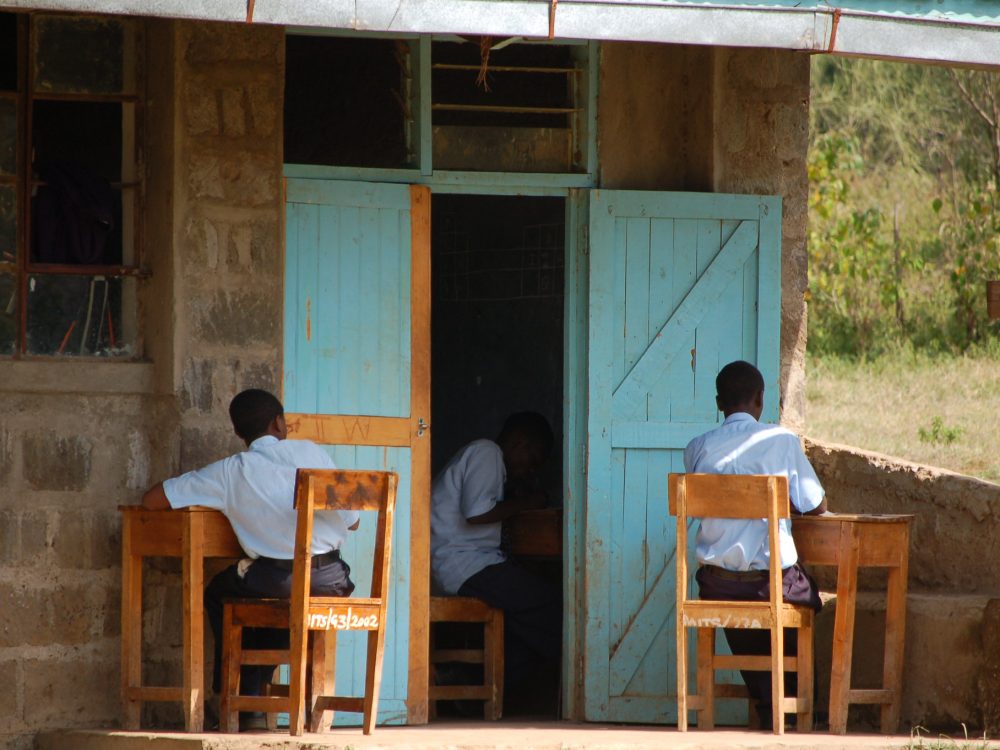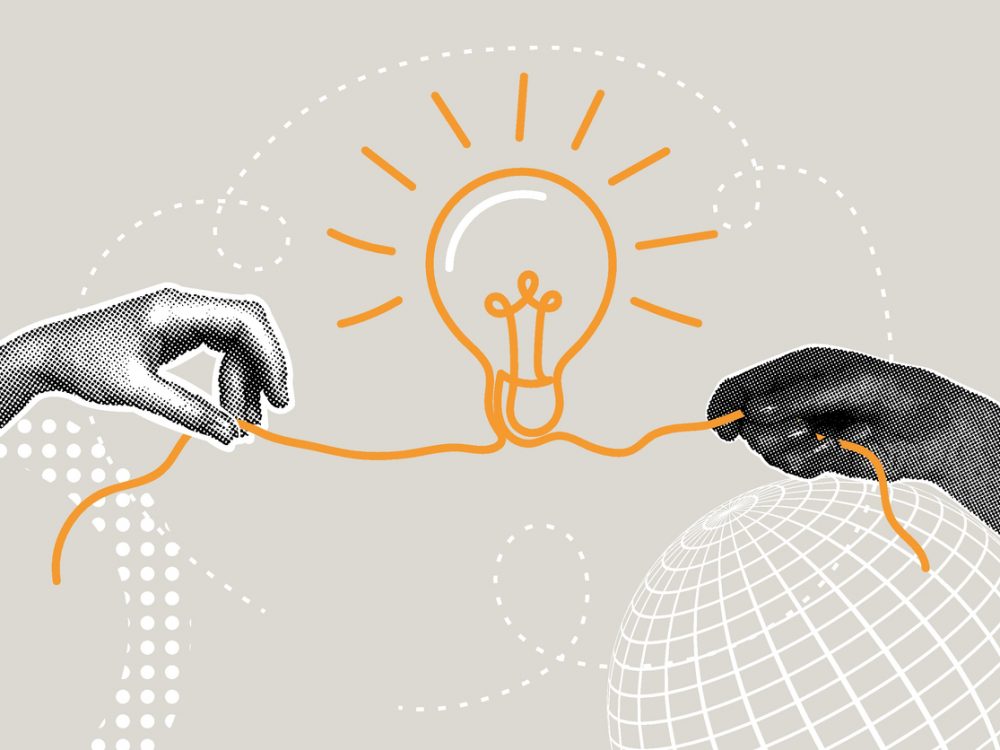Hewlett Foundation Education Project: Evidence-Informed Policymaking
In order to holistically understand the barriers to more effective data accessibility, sharing, and use, DG—together with education sector experts from IREX—mapped the education data and decision ecosystems in Kenya and Senegal, focusing on primary and secondary education. By gathering in-depth information on barriers around the use of education data, DG facilitated the possibility for targeted interventions that, ultimately, will create robust education data ecosystems and better learning outcomes in Kenya and Senegal.
The global development community has invested billions of dollars in creating better education outcomes through improved use of data and evidence, with nearly $250 million spent on education data from 2017-2019 alone. Still, education data remains largely untapped, underutilized, and siloed. For example, the Kenyan Ministry of Education has experienced data challenges in management, sharing, and interoperability. Another example in Senegal shows limited research on the utility and availability of data for education policymaking. Both countries exemplify the global challenge of effectively harnessing data for better outcomes in the education sector.
In an effort to support stakeholders in both countries who are seeking to improve their education systems, DG and IREX—with support from the William & Flora Hewlett Foundation—embarked on a collaborative effort to explore the landscape of education data ecosystems in Kenya and Senegal between December 2022 and February 2024. This project explored the intricacies of education data supply, access, and utilization, offering insights into the challenges and opportunities faced by stakeholders in leveraging data to inform decision-making processes. The program sought to gather real-world stories and perspectives to enrich the discourse on education data systems, laying the groundwork for further research and reform initiatives in both countries.
The findings from the assessment allowed DG to make several country-specific recommendations to stakeholders in Kenya and Senegal regarding ways in which they can improve their education data ecosystems and create more robust, inclusive, and responsive education systems. These findings and recommendations can be explored in “Evidence-Informed Policymaking: Education Data-Driven Decision Mapping in Kenya and Senegal.”
In 2024, DG will continue our work in this program, with support from the William & Flora Hewlett Foundation, in order to implement select recommendations made in “Evidence-Informed Policymaking: Education Data-Driven Decision Mapping in Kenya and Senegal.”
Share
Related Posts

Shared Struggles, Shared Solutions: Education and Cross-Sector Data Use Insights
This blog draws on DG’s experience in climate, health, aid management, and agriculture to explore connections between the challenges of data collection, data hosting, and data governance across different sectors and what the solutions to overcoming them can teach us about strengthening education data systems.

Economic Toll of Tobacco-Related Diseases in Kenya: New Research Findings
Development Gateway: An IREX Venture (DG) is pleased to announce the publication of a research manuscript on the Economic Costs of Tobacco-Related Illnesses in Kenya. This research was carried out as part of the Tobacco Control Data Initiative (TCDI) activities in Kenya and is part of a broader report on Morbidity and Mortality from Tobacco Use in Kenya.

The Data Crisis Following USAID’s Withdrawal: Opportunities to Reimagine Data Systems
For decades, USAID and other US government funding supported global data systems, from health surveys and early warning tools to digital infrastructure for ministries. The abrupt termination of USAID funding has triggered twin crises: a halt to data collection and the undermining of digital systems – reveal existing inefficiencies and instabilities in how data is collected, managed, and shared both within and between countries.